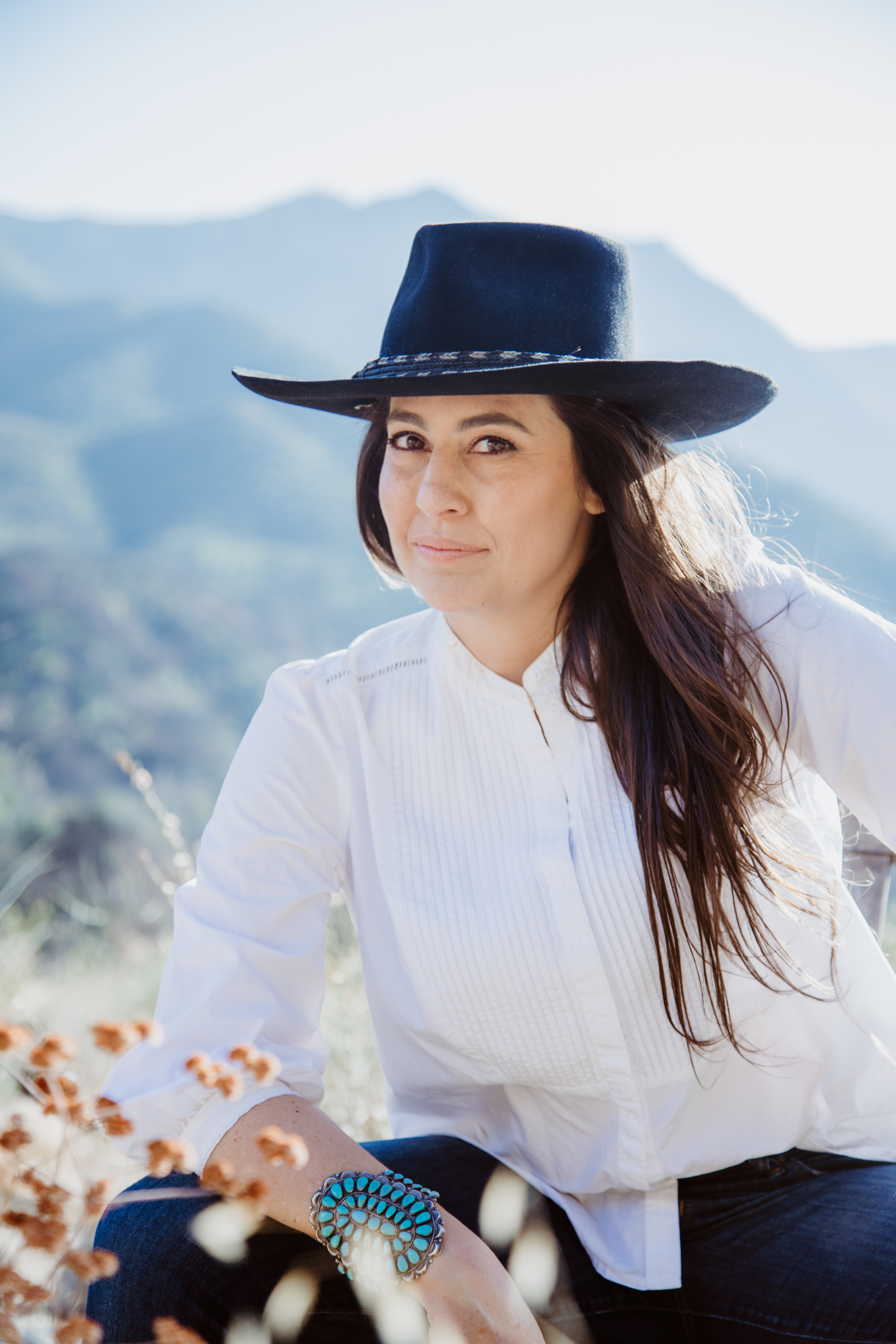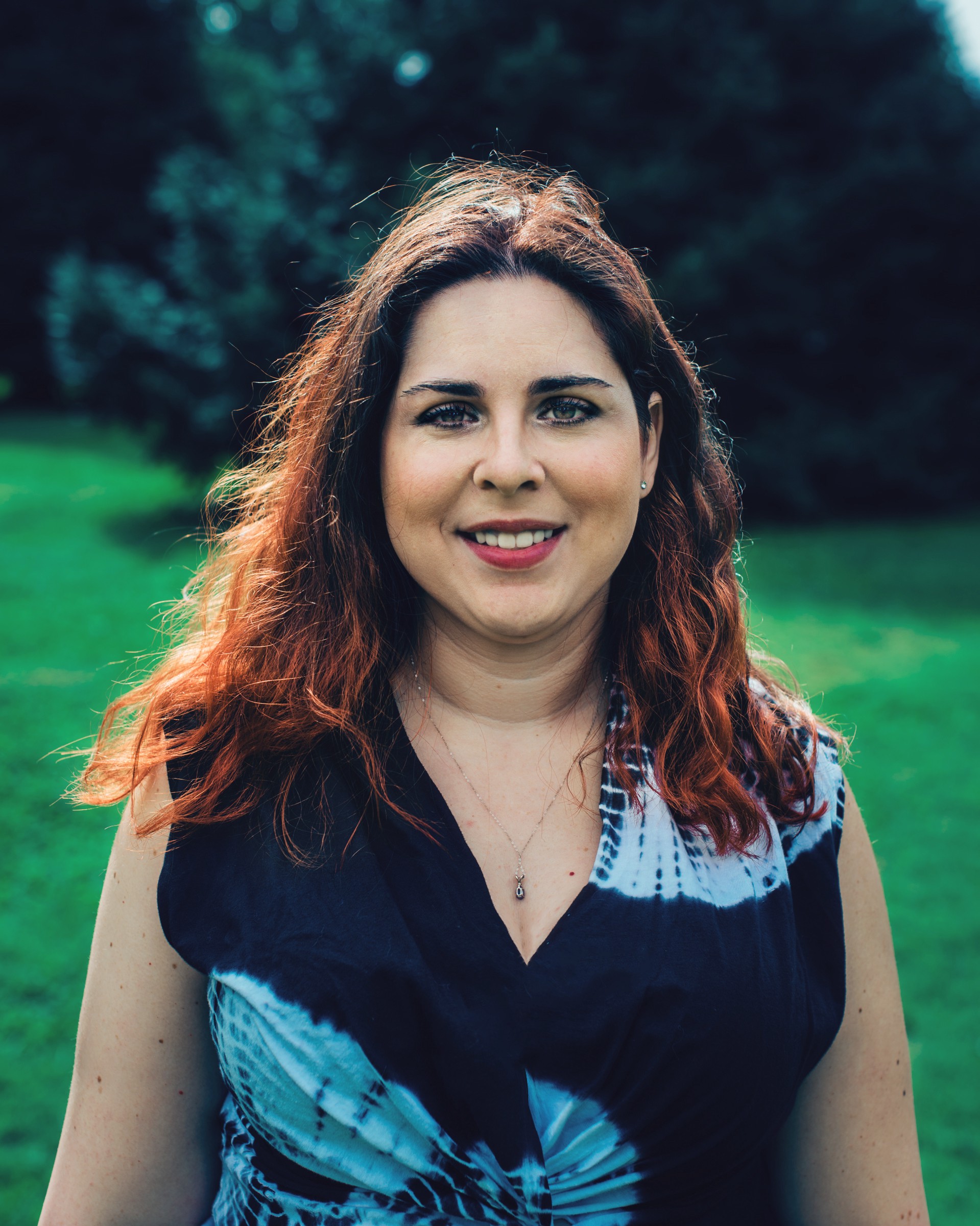As a part of my series about “Mental Health Champions” helping to normalize the focus on mental wellness, I had the pleasure to interview Kryss Shane, MS, MSW, LSW, LMSW she is a leading LGBT expert with 20+ years of experience. She works as a consultant, educator, and corporate trainer, as well as a guest speaker, author, and writer. She has two Master’s degrees, two licenses to practice mental healthcare, and has worked with some of the world’s biggest brands.
Kryss is well-versed in the areas of sexual and gender minorities including historical and current research. She has significant experience working with transgender youth, transgender military servicemembers, and others. This provides the foundation of her business consulting, training, and public speaking work where she educates and guides professionals to better understand, accept, and communicate with the LGBT community.
She can be reached via her website: ThisIsKryss.com
Thank you so much for joining us! Can you tell us the “backstory” about what brought you to this specific career path?
It seems that most people who work in mental healthcare have a personal story or experience that draws them to this field. I’m someone who was always the support person and the go-to person for my friends, but I never considered making a career of it until much later. I was always a believer in equality and this led me to begin to become mindful of ways in which minority groups weren’t represented in my middle school and high school textbooks and in the media I was enjoying. This led me to speak up a lot in class, asking questions that many teachers had no answers to because their education also lacked inclusion. As my recognition of this problem grew, I began to realize this problem in my community and in families. This led me to earn my bachelor’s degree at Ohio State in Human Development and Family Sciences. Simultaneously, I was volunteering a ton with LGBT organizations. Over time, my volunteer work grew and many began asking why I didn’t do this as my profession. It hadn’t dawned on me before then that I could. This realization sent me into my first master’s degree program, where I graduated from Barry University in Social Work, where I focused my studies on LGBT issues. As years passed though, I was always bothered by how often textbooks in schools still lack representation of minority groups. This led me to go back to school, where I earned my 2nd master’s degree, from Western Governors University in Education, specializing in Curriculum and Instruction.
My work now focuses on the needs of the LGBT community, teaching and training schools and businesses how to become more LGBT inclusive, working as a Teaching Associate at Columbia University, and writing articles, book chapters, and books that focus on the minority populations that have been too long left out.

According to Mental Health America’s report, over 44 million Americans have a mental health condition. Yet there’s still a stigma about mental illness. Can you share a few reasons you think this is so?
I think a lot of this is our societal struggle with what we cannot see. Having a broken bone or having a scan showing cancer cells is visual, so we understand that something looks different than it should. Mental health doesn’t often show this. Instead, it’s a typical looking person with a typical life who behaves differently or thinks differently, which can result in many thinking that the solution is as easy as just not doing the behavior or not thinking the thought. That results in a misperception that anyone with a mental illness is too lazy or too stupid to stop doing the behavior or not thinking the thought. This makes it easy for society to blame the person struggling and this outward blame often echoes the internal anxieties and fears of the person, further negatively impacting the person and furthering the stigma.
Can you tell our readers about how you are helping to de-stigmatize the focus on mental wellness?
My focus is on sexual and gender minorities, primarily. When I lecture or train, I do not come from a place of opinion. I focus on facts. I use scientific studies, I use journal articles, and I use opinions of the world’s top organizations to buttress the information. I understand that we all have our set of beliefs and I don’t battle against the beliefs of others. Instead, I provide research and fact and I remain open to questions or conversations from people who disagree or whose beliefs don’t allow room for the facts to fit in.
I also work a lot with families of LGBT people. We talk about their struggles and we talk about their fears too. While our primary focus in mental wellness is typically on the person who has the diagnosis or the symptoms, we have to also recognize that one person’s difficulties impact their families, friends, and employment. By being open to these conversations and by giving space for everyone impacted to have their experiences and feelings validated, I think we create a place where everyone can work together to better each other and that decreases stigma.
Was there a story behind why you decided to launch this initiative?
When I started my work to train and educate schools, businesses, and community leaders to become more LGBT inclusive, my basis was on the statistics of how many LGBT people there are and how often they experience discrimination. The more I worked though, the more people I met who shared their experiences with me. Over time, it has gone from helping “others” as a sort of faceless category to having names and faces of people who are positively impacted by the work I do and the changes I help to facilitate.

In your experience, what should a) individuals b) society, and c) the government do to better support people suffering from mental illness?
We need universal mental healthcare immediately. So much of why Americans struggle comes from a lack of the support they need and deserve. That’s a governmental issue that crosses party lines and religions, it’s something we should all be supporting. As a society, we have to work on being kinder to one another. We need more positive representation of minority groups in our media. It’s no wonder we have some of the prejudices we do when many only ever experience a group of people to be terrorists or thugs or creeps! The more we support movies, television shows, magazines, websites, the whole nine that celebrate diversity and introduce audiences to the variety of ways that different people are equally good, kind, and worthy, the better off we’ll all be. As individuals, I really believe we need to work to make friends who are part of one or more different groups. The more we get to know others who are different, the more we understand their experiences and the better we can work together to support actions, laws, and beliefs that are inclusive of all people.
What are your 6 strategies you use to promote your own wellbeing and mental wellness? Can you please give a story or example for each?
- Don’t let just anybody in- We are often so reactive that we wait to see who we meet accidentally, and we allow them into our lives until they choose to go or until life changes lead to a separation. We have to be more discerning. There’s a study that says that we’re the sum of the 5 people we are around the most. If that’s true, we simply cannot afford to let people into our lives who don’t encourage us, support us, and love us on an on-going basis. I have no doubt that I have gotten further in my life due to watching the successes of loved ones who never settle in their careers and who always give their all to their friendships; it also gives me the inspiration to keep doing my best not just for me, but for those who use me as their guidepost too!
- Stop explaining yourself to people who are determined to misunderstand you- Anyone who doesn’t start from a place of assuming the best of you is someone who has either been mistreated by you or who isn’t someone who has earned their place in your life. Apologize for the times you have hurt others and let go of those who think little of you. Anything else is a waste of energy and that takes away from the focus you could be placing on those who love you and on your goals for yourself. I used to assume that someone being upset with me automatically meant I’d screwed up. Over time, I’ve gotten better at knowing when to apologize for mistakes I’ve made and when to step away from people who are directing their anger at me when their anger has nothing to do with me.
- Ask for help- We cannot help but to see things through our own perspective. That makes it necessary to ask those we trust for their guidance, support, and their love. Sometimes the help we need is validation and active listening. Other times we need a wakeup call that what we’re doing does not best serve us. There are also times when we need a physical hand to help with a move or to carry something too heavy for just one person. Be mindful of the people you feel safe asking and be aware of who shows up when you need help. This allows people to show you who they are, and it allows you to learn and grow from the experience of not having to survive the situation solo. Not only has this given me the support of my friends, it has allowed them to feel safe coming to me when they are in need, which has resulted in personal growth and the growth and depths of those friendships!
- Let loose- No matter how busy a person is, there must be time to take a break! Some fit this in by going to a weekly dance class, others go to the gym each morning, some use the time to create masterpieces in the kitchen, while others have friends whom they watch the same television show with each week. Whatever method works best, use it, or try several methods and see what sticks. The goal isn’t to ignore obligations, it’s to remind your mind, your body, and your spirit that you don’t just exist to accomplish specific tasks. I’m a big believer in singing in the shower and in doing some front seat dancing while driving!
- Choose happiness- It may not be an option not to work a 40 hour week to pay the bills, it might not be an option to live in a mansion or to wake up early enough to get kids ready for school. The mandatory tasks of the day don’t have to negate infusing your daily life with happiness! This can be through the use of office/desk supplies in your favorite color or pattern, it might be in listening to your favorite band or comic while you commute to work, it might be in the silly socks you wear under your suit, or the moments you take each week to think about the exciting plans you have for the weekend. For me, it’s tie dye. I LOVE tie dye. I love it so much that I wear it all the time and, because of that, it became something folks remember about me. I used that to make it part of my branding. Now, my website ThisIsKryss.com has tie dye on it, my work bag is tie dye, and my closet has more tie dye in it than ever. Yes, I speak to very formal very professional people and yes, sometimes that means my tie dye attire isn’t so obvious to the audience but seeing it around me often keeps me happy even when I’m in a situation or dealing with a crisis that is super stressful.
- Take a Breath- Not everything in life can be changed. Taxes, constipation, a burnt meal, a technology glitch, a sick kid/pet… they happen. When they do, it’s not possible to rewind time and make different choices or to fast forward time to get past the rough stuff. Accepting that things sometimes just stink can make it easier to also accept that the feelings of frustration will pass. In those moments, taking a deep cleansing breath can result in physical benefits and in emotional ones. I’m not always great at doing this, so when I know the day will be stressful, I put an alert on my phone or computer to remind me to breathe or stretch several times that day. Sometimes the reminder is enough, other times, I seek out a video online to follow along with. It helps me to get the stress out of my body, if only for a few moments at a time, which helps me to keep perspective that the situation I’m in won’t last forever.
What are your favorite books, podcasts, or resources that inspire you to be a mental health champion?
I’m a big fan of #MacroSW on Twitter… it’s a space to discuss and facilitate community changes through ideas and actions. It provides a great opportunity both to validate the stressful experiences of working for mental healthcare change and it inspires me to never stop working towards necessary policy reform and minority rights. I am also a huge fan of videos and books created by Jazz Jennings and by Daniel J. Watts; both are such well-spoken people who talk about their struggles and successes as minority members of American society. (“Being Jazz: My Life as a Transgender Teen” & “I Am Jazz”; https://www.youtube.com/user/DWattsWords/)They not only inspire me, they also provide millions with a way to help others understand the experiences of minority members. Finally, on my Twitter (@itsKryss) I fairly regularly post the national suicide prevention hotline number for all people (1–800–273–8255) and the contact information for the Trevor Project LifeLine, meant specifically to help those in the LGBT+ community and their loved ones. The Trevor Project also offers texting to that number and they have a chat option on their website (1–866–488–7386; https://www.thetrevorproject.org/).I share this information often because I know that today (and every day) is a really rough day for somebody and, until they are back up on their feet, I believe we have to guide them to a place of safety and support. I truly believe that, the more we show love and compassion when someone struggles with mental health issues, the better we are as a society.
Thank you so much for these insights! This was so inspiring!


